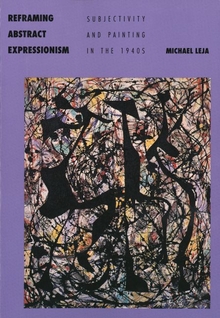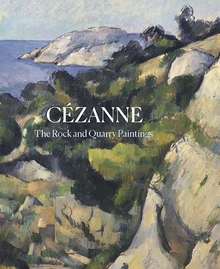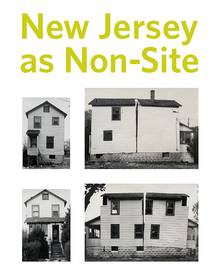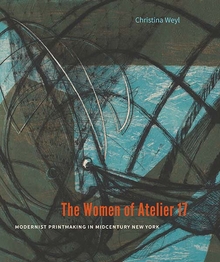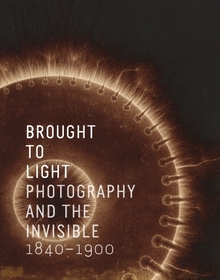Reframing Abstract Expressionism
WARNING
You are viewing an older version of the Yalebooks website. Please visit out new website with more updated information and a better user experience: https://www.yalebooks.com
Subjectivity and Painting in the 1940s
Michael Leja

Read this book online via the A&AePortal, our art and architectural history eBook platform. To learn more about how to access this book, please contact us.
In this original and wide-ranging study, Michael Leja argues that the interest of these artists in tapping "primitive" and unconscious components of self aligns them with many contemporary essayists, Hollywood filmmakers, journalists, and popular philosophers who were turning, like the artists, to psychology, anthropology, and philosophy in the effort to reformulate individual identity. Taking Pollock's paintings and their reception as a case study, Leja shows that critics located in Pollock's abstract forms a web of metaphors—including spatial entrapment, conflicted production, energy flow, gendered opposition, and unconsciousness—that situated the paintings in mainstream cultural discourses on the individual's sense of self and identity. In this interpretative frame, the cultural and ideological character of the art is illuminated. According to Leja, Abstract Expressionism effectively enacted and represented the new, conflicted, layered subjectivity, a feature that helps to account for the support and interest it garnered from cultural and political institutions alike.
"The best and fullest account to date of the content of New York School painting and its intense subjectivity. . . . A brilliant book, informed by a powerful critical intelligence as well as sensitivity and imagination. It eclipses all previous publications and opens new vistas for future interpretations. Highly recommended."—Choice
"Leja [provides a] thorough, perceptive elucidation of contemporary anthropological and psychological discussions that helped shape the creation and reception of work by Jackson Pollock and others. . . . Leja articulates common features and differences among the abstract expressionists and analyzes the extent to which they constituted a movement."—George H. Roeder, Jr., Journal of American History
"[A] balanced, pragmatic approach to the problematics of discussing a 'movement' that demonstrated so much centrifugal force and attracted so much highly wrought, melodramatic, and often tantalizingly opaque prose. . . . Reforming Abstract Expressionism provides a much-needed distillation of popular intellectual preoccupations in the 1940s."—Jeannene M. Przyblyski, Art Bulletin
"A densely written and refreshingly speculative view of Abstract Expressionism. . . . Clearly one of the most remarkable such studies to appear in the past decade."—Robert Hobbs, Art Journal
"Among the most impressive studies in art history I have read in recent years….True to its title, Reframing Abstract Expressionism provides a highly suggestive new framework for understanding some of the most intensely discussed art of the 20th century, and along the way it offers an important new account of the formation and nature of the New York avant-garde."—Andrew Hemingway, Oxford Art Journal
"A marvelous analysis—informed, intelligent, and thoughtful—that takes an important step toward situating mid-century American painting in its cultural context."—Ann Gibson, State University of New York at Stony Brook
Publication Date: February 27, 1997
92 b/w illus.

